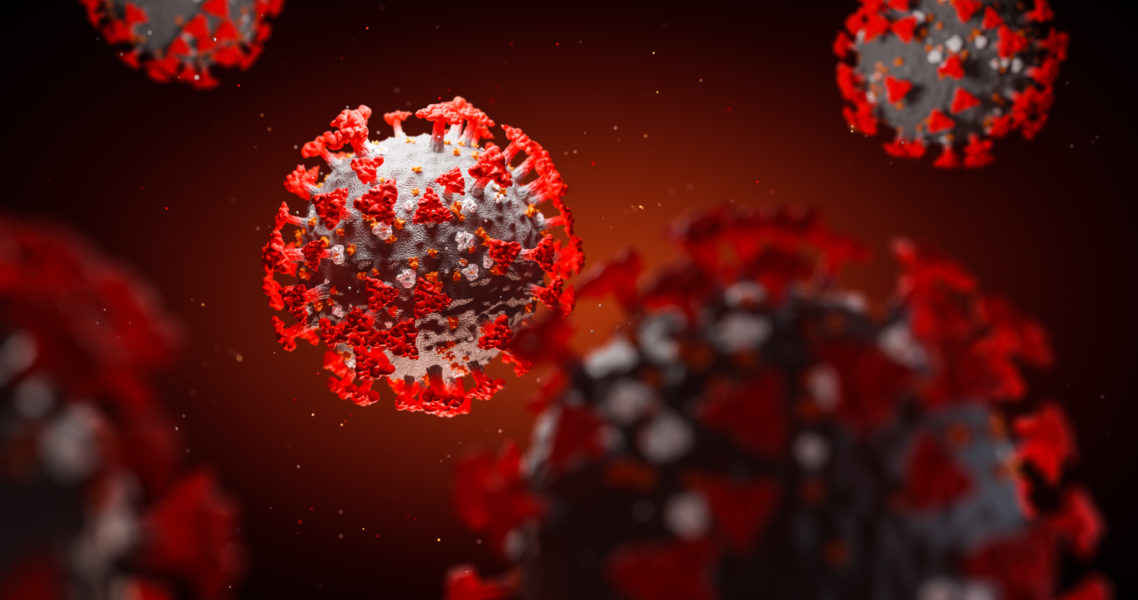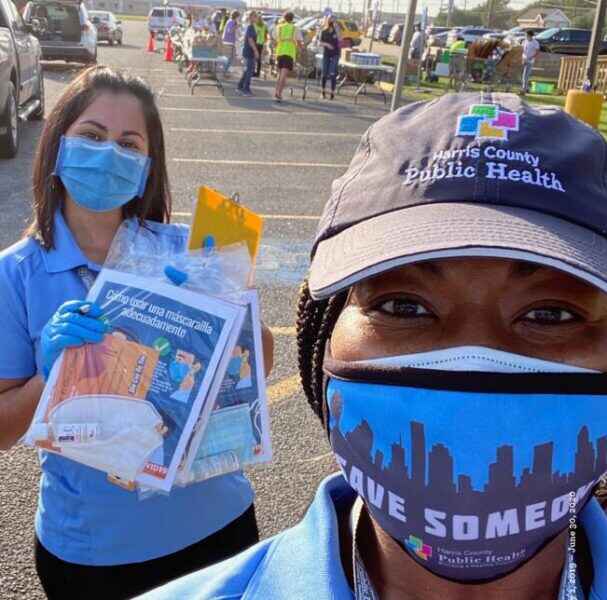
Pennsylvania
Pennsylvania is a part of the Network’s Mid-States Region Office. Located at the University of Michigan School of Public Health, the Mid-States Region leads the…

Pennsylvania is a part of the Network’s Mid-States Region Office. Located at the University of Michigan School of Public Health, the Mid-States Region leads the…

[Introductory Paragraph. This paragraph is placeholder copy.] The Patient Protection and Affordable Care Act is the most comprehensive health reform legislation enacted by the United…

COVID-19: Real-time guidance, resources and information.

The Network for Public Health Law monitors key court cases and relevant judicial trends in public health. The Network’s monthly reporter, Judicial Trends in Public…

Sign up for the Network’s bi-weekly e-newsletter, The Network Report, which includes insights and commentary on law and policy in public health, the latest…

Effective messaging of public health challenges and interventions is essential to public health practice and especially to implementing public health laws and policies in a polarized political environment. It is easy for public health leaders to become consumed with the ongoing political and resource shifts taking place in public health and health care. However, it is also clear that those in public health, at all levels, want to engage more deeply and meaningfully with communities of all backgrounds who are burdened by poor health.

During disease outbreaks or natural disasters, jurisdictions may take divergent legal approaches in their responses to national or regional public health threats. Legal authorities vary…

The ability to share and analyze health and other data can be powerful in identifying problems and solutions to improve the health of communities. Our collection of tools and resources are designed to help address legal barriers and facilitate data sharing while ensuring health agencies and organizations operate within the legal requirements of HIPAA and other regulations.

There are novel and innovative ways that law and policy can be used to advance health initiatives. Emerging public health issues like climate adaptation, social determinants of health, and the impact of trauma on health call for new approaches and strategies that leverage law and policy in new, previously unexplored ways.

The ability to share and analyze health and other data can be powerful in identifying problems and solutions to improve the health of communities. Our collection of tools and resources are designed to help address legal barriers and facilitate data sharing while ensuring health agencies and organizations operate within the legal requirements of HIPAA and other regulations.

The Network’s monthly reporter, Judicial Trends in Public Health (JTPH), highlights key court cases and relevant judicial trends in public health. The cases below are organized…

The Network monitors key court cases and relevant judicial trends in public health. The Network’s quarterly reporter, Judicial Trends in Public Health (JTPH), highlights select…